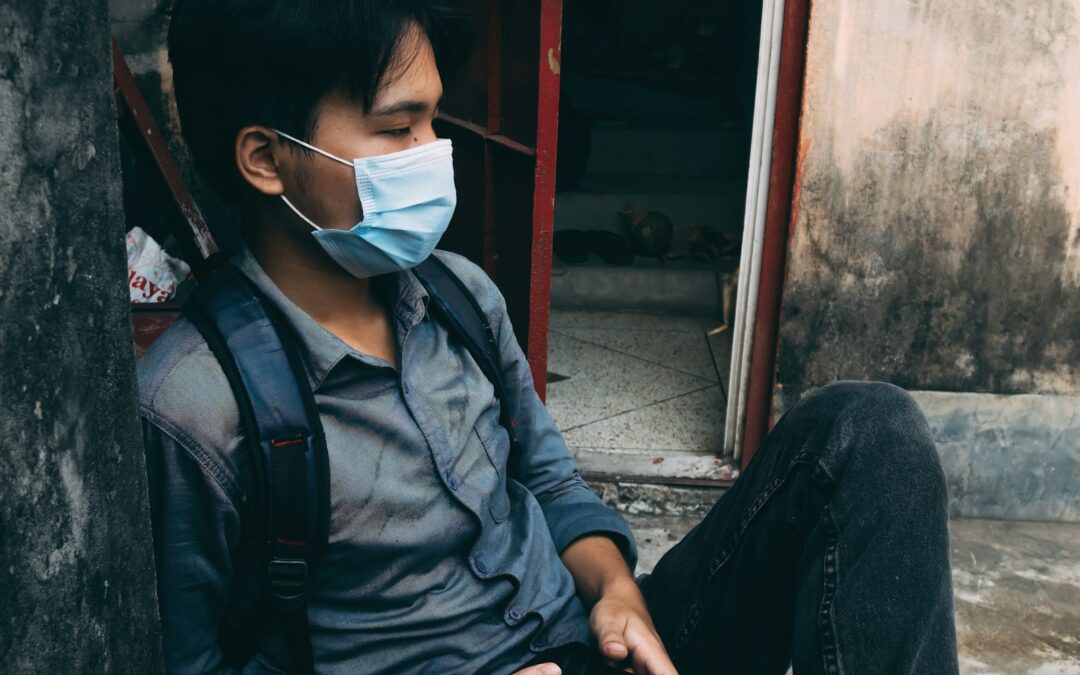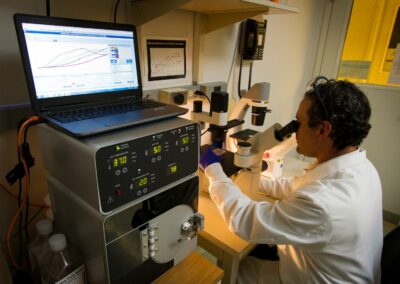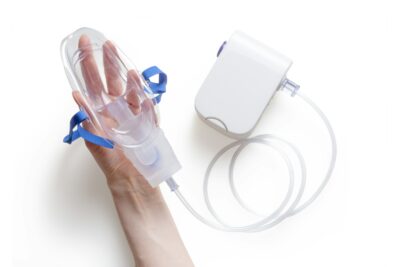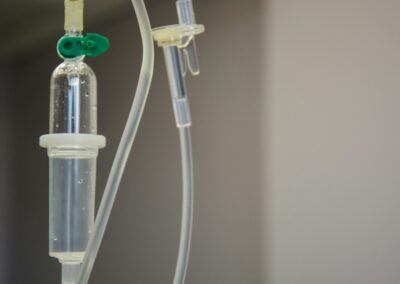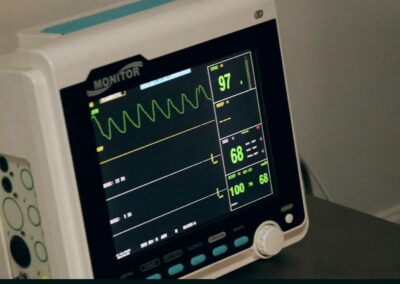Enhanced Management of Respiratory Conditions through Digital Twins
The Impact of Digital Twins on Asthma Management
The advent of digital twins in respiratory care has revolutionized the management of chronic conditions such as asthma. Digital twins are virtual replicas of physical entities, created using real-time data from various sources such as wearable devices, electronic health records, and environmental sensors. By continuously updating and analyzing this data, digital twins provide a comprehensive and dynamic view of a patient’s health status, enabling personalized and proactive management of respiratory conditions.
In Saudi Arabia and the UAE, where healthcare systems are rapidly advancing, digital twins offer a transformative approach to asthma management. In Riyadh, for instance, healthcare providers can utilize digital twins to monitor patients with asthma more effectively. These virtual models allow for real-time tracking of vital signs, medication adherence, and environmental factors, helping clinicians make informed decisions and adjust treatment plans promptly. By simulating different scenarios, digital twins can predict asthma attacks and suggest preventive measures, significantly improving patient outcomes.
Dubai’s innovative healthcare landscape benefits from digital twin technology by offering personalized care for asthma patients. Through detailed simulations and predictive analytics, digital twins can forecast disease progression and potential triggers, allowing for tailored treatment plans. This level of personalized monitoring enhances patient outcomes and optimizes resource allocation within the healthcare system.
Personalized Interventions for COPD Using Digital Twins
Chronic Obstructive Pulmonary Disease (COPD) management has seen significant advancements with the integration of digital twins. COPD is a chronic respiratory condition that requires continuous monitoring and personalized interventions to manage symptoms and prevent exacerbations. Digital twins facilitate this by providing a real-time, comprehensive view of a patient’s respiratory health, incorporating data from various sources to create a dynamic and detailed virtual model.
In the UAE, healthcare providers leverage digital twins to offer personalized interventions for COPD patients. By simulating different treatment options and their potential impact on a patient’s health, digital twins enable clinicians to customize treatment plans based on individual patient data. This approach not only improves the effectiveness of interventions but also reduces the risk of adverse effects, enhancing the overall quality of care.
Saudi Arabia’s healthcare sector is also embracing digital twin technology for COPD management. By integrating real-time data from wearable devices and environmental sensors, digital twins provide continuous monitoring of patients’ respiratory health. This allows for timely detection of symptoms and early intervention, preventing severe exacerbations and hospitalizations. The use of digital twins in COPD management exemplifies the potential of modern technology to transform healthcare and improve patient outcomes.
Future Trends in Digital Twins for Respiratory Care
The future of digital twins in respiratory care holds immense potential for further advancements and broader applications. As technology progresses, digital twins will become increasingly sophisticated, incorporating advanced analytics and artificial intelligence to provide deeper insights into respiratory conditions. These advancements will enable even more precise simulations and predictive models, enhancing the ability to tailor treatments to individual patients.
In Saudi Arabia, the continued investment in digital twin technology will drive innovation in respiratory care. Emerging trends include the integration of digital twins with other technologies such as blockchain for secure data management and telemedicine for remote consultations. These integrations will enhance the overall effectiveness of respiratory care and ensure that patients receive timely and personalized care.
Similarly, in the UAE, digital twins will play a crucial role in advancing preventive care and early intervention strategies. By leveraging real-time data and predictive analytics, healthcare providers can identify potential health issues before they become critical, enabling proactive management and improving overall health outcomes. The ongoing development of digital twins will contribute to the evolution of healthcare practices, aligning with the region’s commitment to technological innovation and excellence in patient care.
Conclusion
Digital twins are poised to revolutionize respiratory care by offering advanced monitoring and personalized intervention capabilities. By creating virtual models of patients and leveraging real-time data, healthcare providers can enhance the effectiveness of treatment plans, improve patient outcomes, and streamline healthcare delivery. For business executives and healthcare professionals in Saudi Arabia and the UAE, embracing digital twin technology represents a strategic opportunity to advance respiratory care and drive innovation in healthcare. As technology continues to evolve, digital twins will play an increasingly vital role in shaping the future of healthcare.
—
#DigitalTwinsRespiratoryCare #AsthmaManagementDigitalTwins #COPDPersonalizedInterventions #ContinuousMonitoringHealthcare #DigitalHealthcareSolutions #SaudiArabiaHealthcareTechnology #UAEDigitalHealthInnovation #RiyadhAsthmaManagement #DubaiCOPDSolutions #ModernRespiratoryCare

